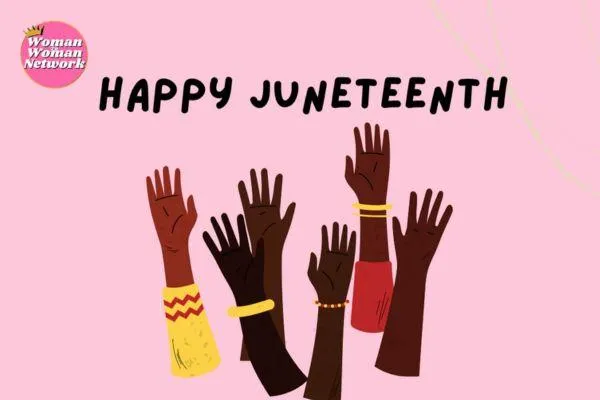On The Blog

The Importance Of Juneteenth
The Importance Of Juneteenth
Juneteenth, also known as Freedom Day, commemorates a poignant moment in American history. On June 19, 1865, Union soldiers led by Major General Gordon Granger arrived in Galveston, Texas, with a life-changing announcement. All enslaved people were officially free. This incredible news came more than two years after President Abraham Lincoln's Emancipation Proclamation of 1863, which had declared that all slaves in Confederate states were to be set free. The delay in reaching Texas was due to the state's remote location and the resistance of slave owners to comply with the presidential order.

Juneteenth symbolizes the end of slavery in the United States and the beginning of a new chapter of freedom for African Americans. It marks a crucial turning point in our history and reminds us of the resilience and strength of those who endured and fought for their freedom.
Cultural Impact of Juneteenth
Juneteenth has evolved into a unifying holiday that celebrates freedom and marks a significant milestone in the struggle for civil rights in the United States. It fosters a sense of community and identity among African Americans by providing an opportunity to reflect on the past and celebrate progress towards equality. This holiday has gained growing national recognition, with more states officially recognizing it as a state holiday or a day of observance, reflecting a shift in understanding its historical significance. Juneteenth celebrations, including parades, barbecues, and educational events, have become widespread and take place not only in African American communities but also among diverse segments of the population, promoting a deeper understanding of American history. Moreover, the cultural impact of Juneteenth extends beyond the United States, with celebrations and recognition spreading to other countries, underscoring the global significance of the end of slavery and the ongoing fight for equality.
Relevance of Juneteenth Today
Juneteenth remains profoundly relevant today, serving as a powerful reminder of the ongoing fight for equality and justice. Its observance in modern society takes on various forms, including official recognition by more states and organizations, highlighting its growing significance and cultural impact. Educational initiatives leverage Juneteenth to teach about the history of slavery, the struggle for civil rights, and the ongoing fight for racial equality. Community gatherings, such as parades, festivals, and family events, foster engagement and a sense of unity. Cultural events, including concerts, art exhibits, and theater performances, celebrate African American culture and history with a focus on achievements and resilience. Additionally, many use the day for reflection on the work still needed to achieve true equality, often engaging in activism and community service.
Juneteenth is not just a historical milestone but a living testament to the struggle and triumphs of African Americans. It serves as a reminder of the progress we have made and the work that still lies ahead. By celebrating Juneteenth, we honor the resilience and strength of those who fought for freedom and continue to inspire future generations in the ongoing fight for justice and equality.
If you want to learn more about how you can be part of this important movement, join us in celebrating Juneteenth and exploring ways to contribute to a more equal society. Book a call with one of our community organizers today, and let's make a difference together.
If you enjoyed reading this article, please hare it so others can read.
Copyright @ Business Name

